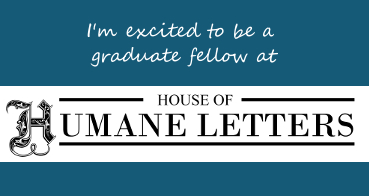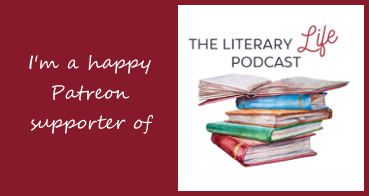I posted the following on Facebook a year ago today. It came up on my FB memories, and I thought, “Hey! this sounds like a blog post.” So here you go, in all its original, unedited glory:
“I was in [another country] preparing to go on [a talk show]. The day prior to the live studio appearance, their lieutenant interviewer called to feel me out and select the themes and issues that would be most interesting for the show. After having me explain a little about our farm, she went after the food processors…’Don’t you think the government should forbid them to process food like that?’ she queried.
‘No,’ I responded. ‘Nobody is holding a gun to consumers’ heads demanding that they buy frozen DiGiorno’s pizza. Nobody is requiring people to buy food with MSG in it. Nobody has to buy Coca-Cola.’
‘Well, don’t you think the government should protect people from these products?’ she pursued.
‘No. It’s a big free country. People are responsible for what they eat. They are the ones who decide what goes into their bodies.’
‘Oh, we couldn’t say that. That would offend our listeners, to be told that they are responsible,’ retorted the miffed journalist.”
~ Joel Salatin
****************************************************
I’ve been very busy and sadly have not been able to read all that James is reading for school this year, but I’m grateful for the time that I have had to read along with him as he reads about the early years of this nation, and the ideas with which those men and women were struggling. James has read general narratives on the events of that time period, as well as some biographies, speeches, letters, and documents (such as the Declaration). While it is hard to grapple with the fact that these so-called lovers of liberty and justice would not deal with slavery as they should have; for the most part, our history, and thus the culture handed down to us generation after generation, is one of freedom to live as we choose. So many of the Europeans that came in the beginning were looking for a place to live and worship as they believed. And when it got to the point that the rules and regulations and control had followed them across the ocean, they aired their grievances and said they’d had enough and bye-bye Motherland. Then they had to decide what to do now they had that independence. Do we all stick together and form some union, or are we 13 completely separate sovereign nations. Stronger together, they decided. (It really got me thinking about how they had to battle over the idea of the Union, and what happened four-score years later. Did you know there were threats of secession from the beginning? And it wasn’t the southland.)
But anyhow, if you got down this far, I’m musing on the ideas of liberty that are the culture in which I was raised, and how it seems like a no-brainer and that these ideas are universal, but they really are not. The reason that Europeans came here in the 1600s and beyond, and how this country became an independent nation, are very unique in the world. From what we can tell from their writings, those guys and gals of 1776 and beyond were very aware that it was a pretty significant moment in time. This Republican form of government. This American experiment. People of other countries (cultures) don’t really get us. And we don’t really get them. I don’t know if we’re right, or if they’re right. Or we all are right for ourselves. We choose here in the U.S. to be independent and sovereign individuals. Others choose the security of more oversight and regulation in their lives. Well, being a descendant (philosophically speaking) of Patrick Henry, I will probably forever (or at least for the remaining 40 years that I have) be a Give me Liberty or Give me Death kind of gal.






